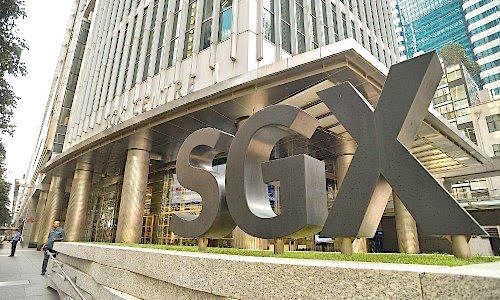SGX Scraps Quarterly Reporting Requirements
Singaporean firms not associated with «higher risks» will no longer be subject to quarterly reporting requirements, according to an announcement by the Singapore Exchange Regulations.
The new approach, effective February 7 this year, will only require firms to conduct semi-annual reporting following public consultations conducted in 2017 and 2018.
Under the previous approach, all firms exceeding a minimum market capitalization of S$75 million ($55.6 million) would be subject to more frequent reporting. The new risk-based approach imposes such requirements only if an auditor has expressed material uncertainty about financial statements or if SGX RegCo has regulatory concerns with the firm.
Why?
«The international trend is moving away from [quarterly reporting],» said Tan Boon Gin, chief executive officer of SGX RegCo, according to a «Business Times» report. «The business landscape is evolving rapidly. In order to meet these changes, companies in general must be allowed to consider and implement longer term strategies.»
Tan cited two reasons for the regulatory shift away from QR: to prevent risky firms from avoiding the net merely because of size and concerns about compliance costs.
«In line with comments made at the consultation, a sample of both large-cap and small and mid-cap companies we polled expressed overwhelming support for the abolition of mandatory quarterly reporting,» commented Gerald Wong, head of Singapore equity research at Credit Suisse.
«However, the decision to move towards semi-annual reporting will depend on investor feedback and practical considerations, including distribution of quarterly dividends.»



























